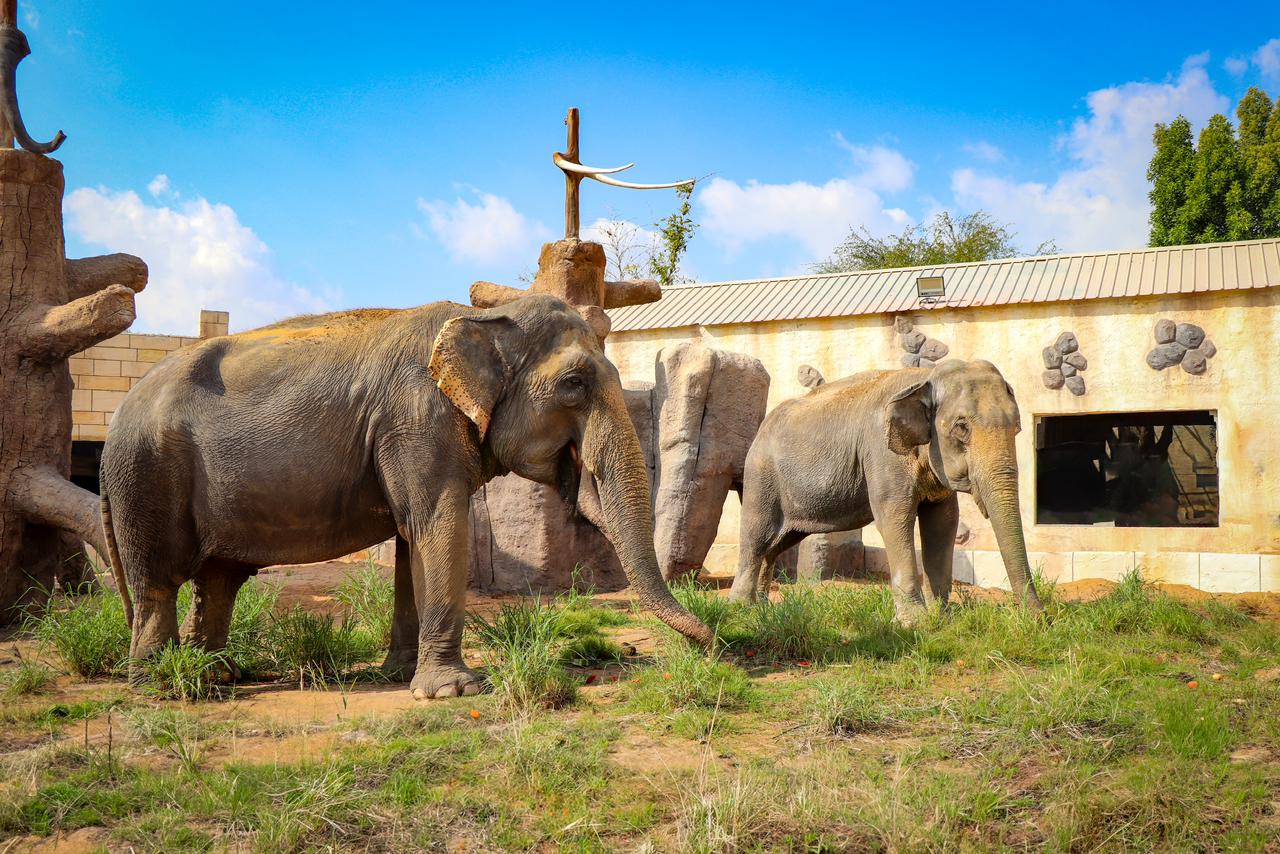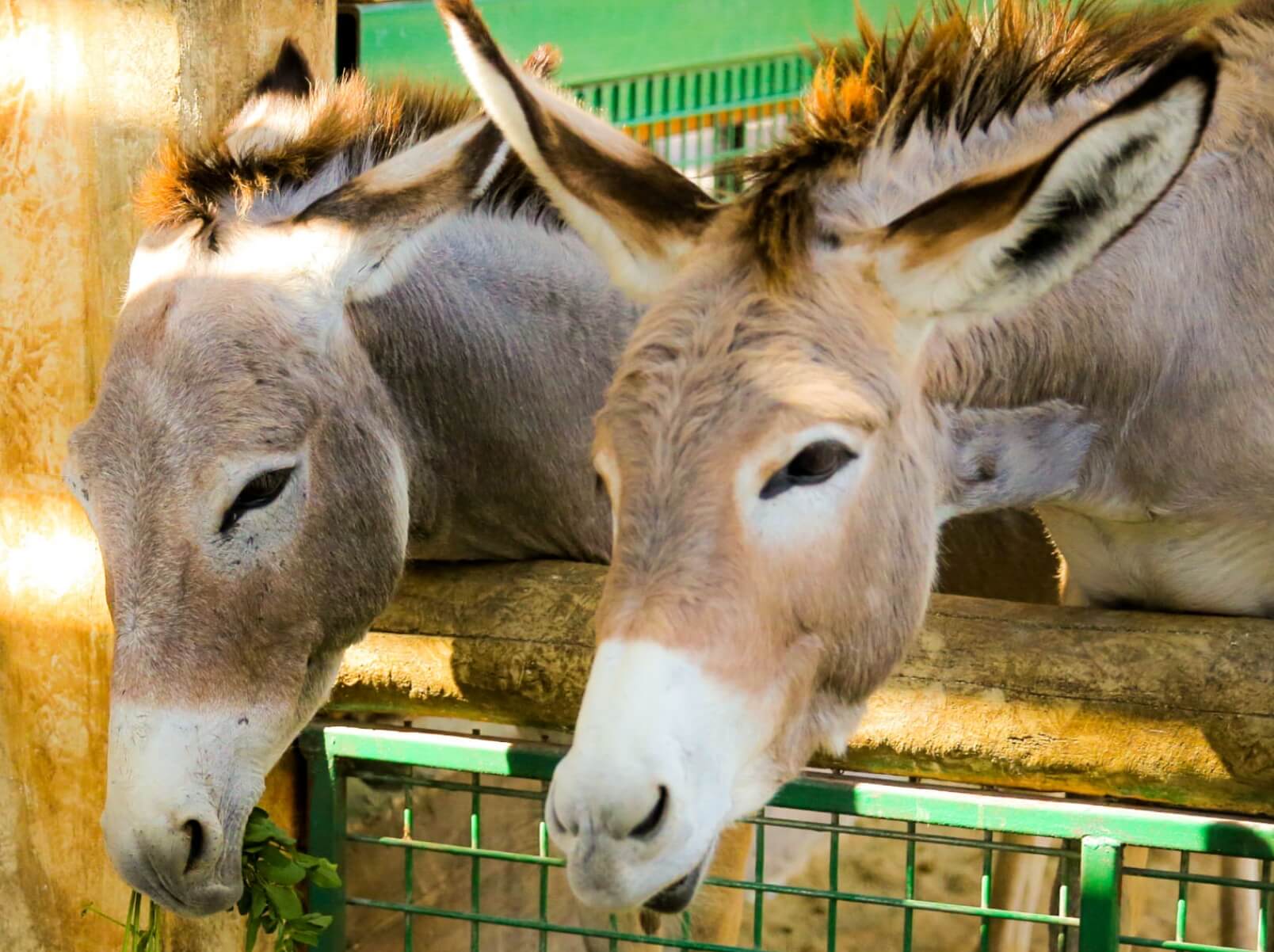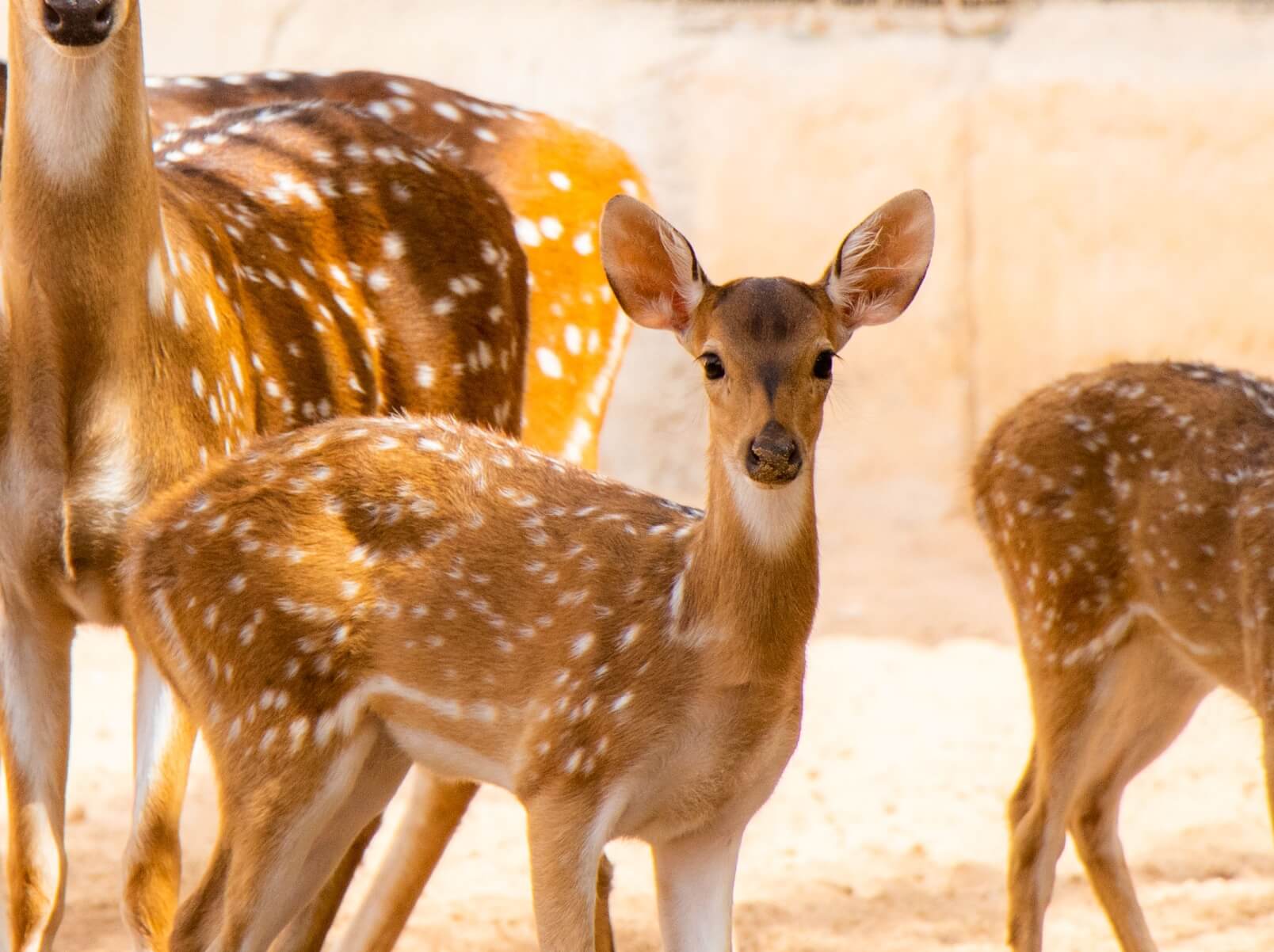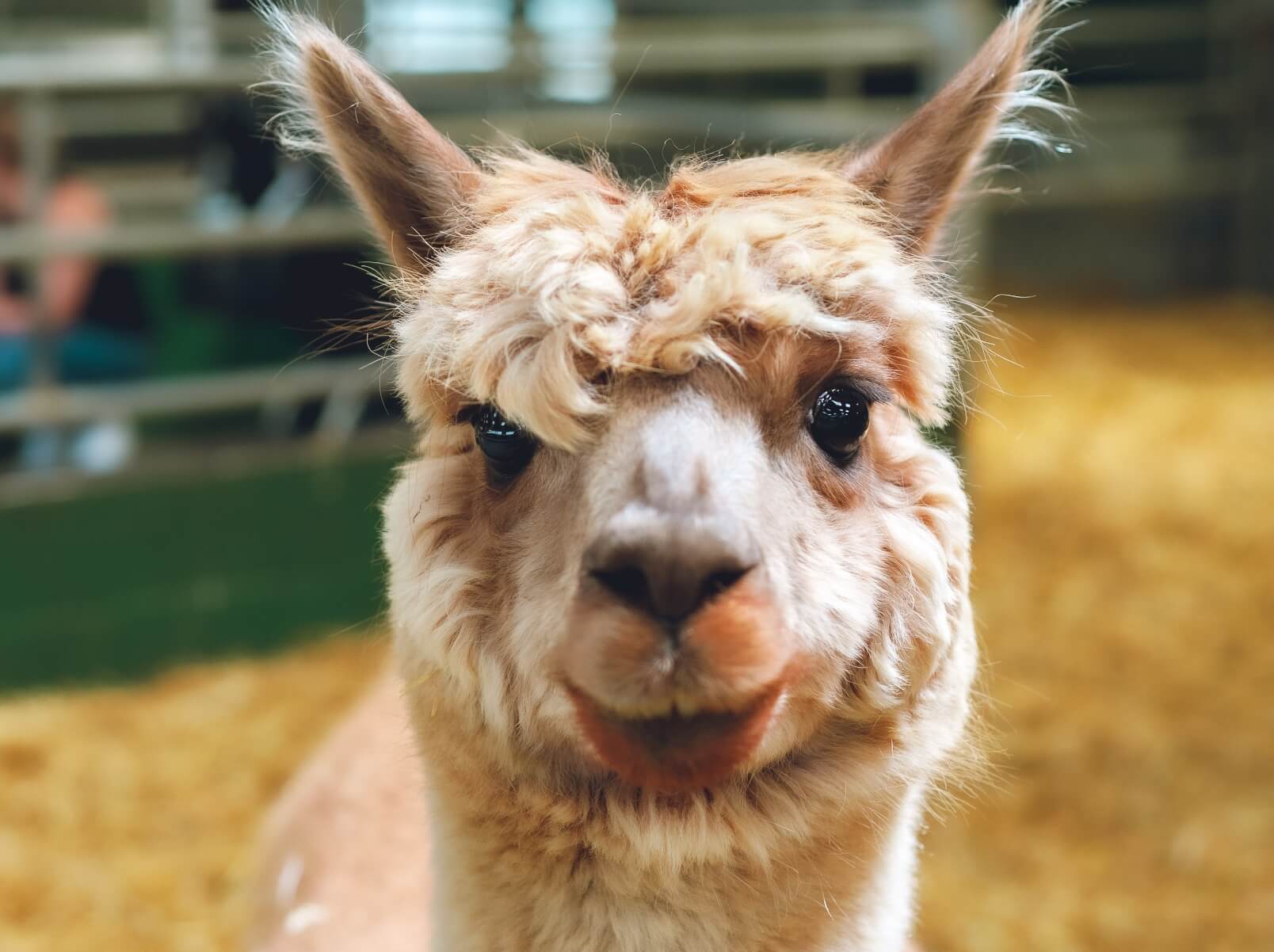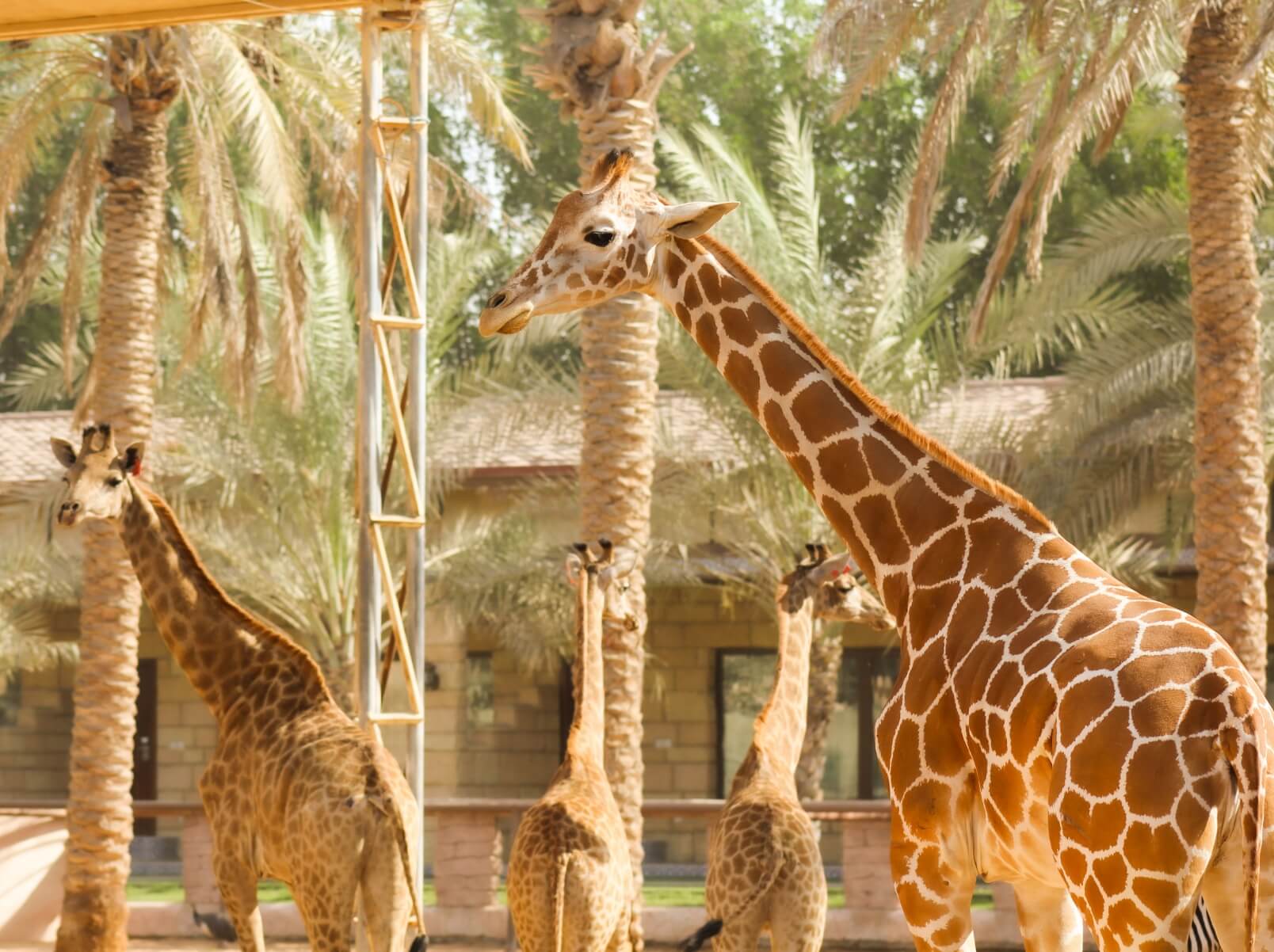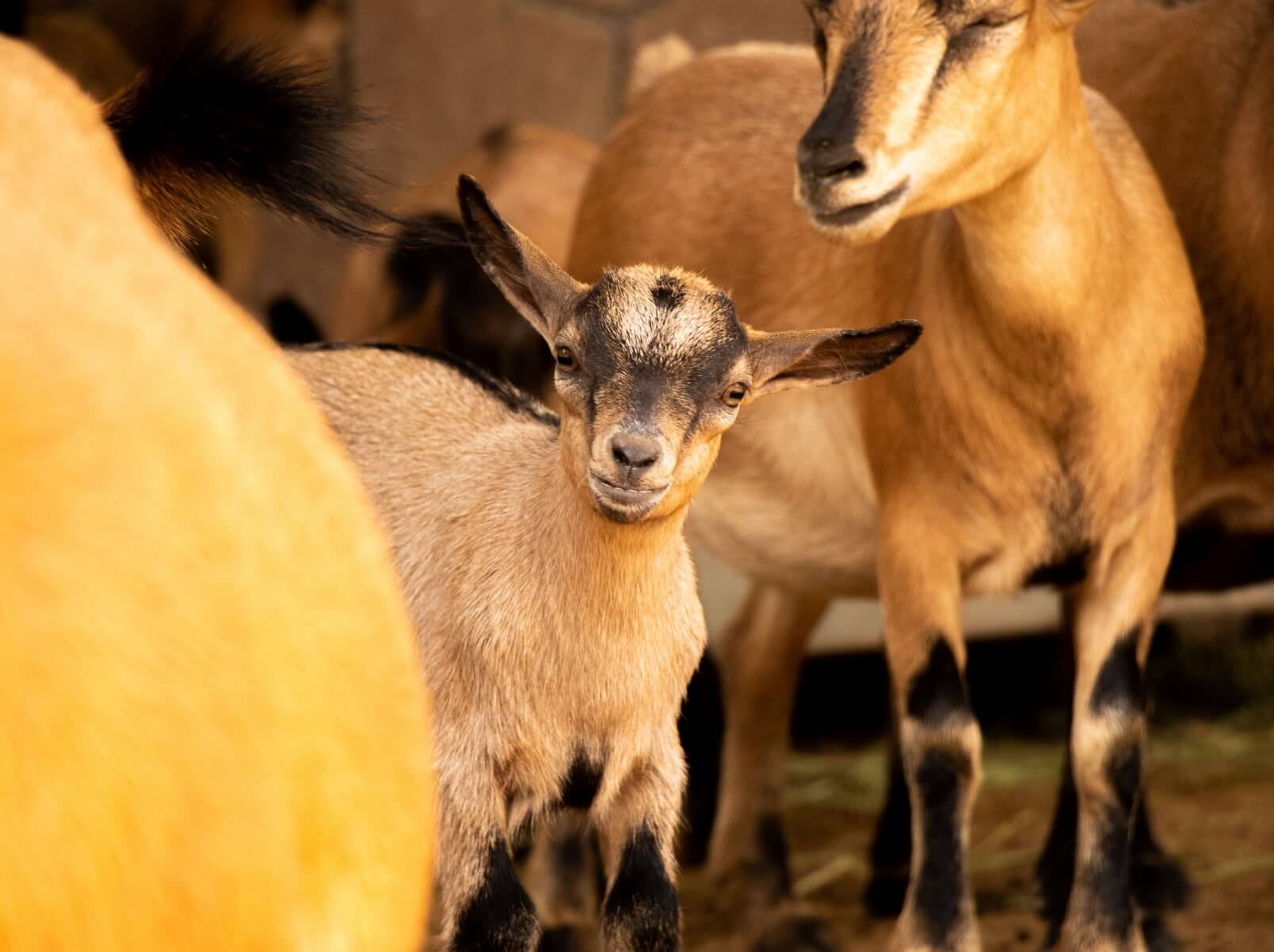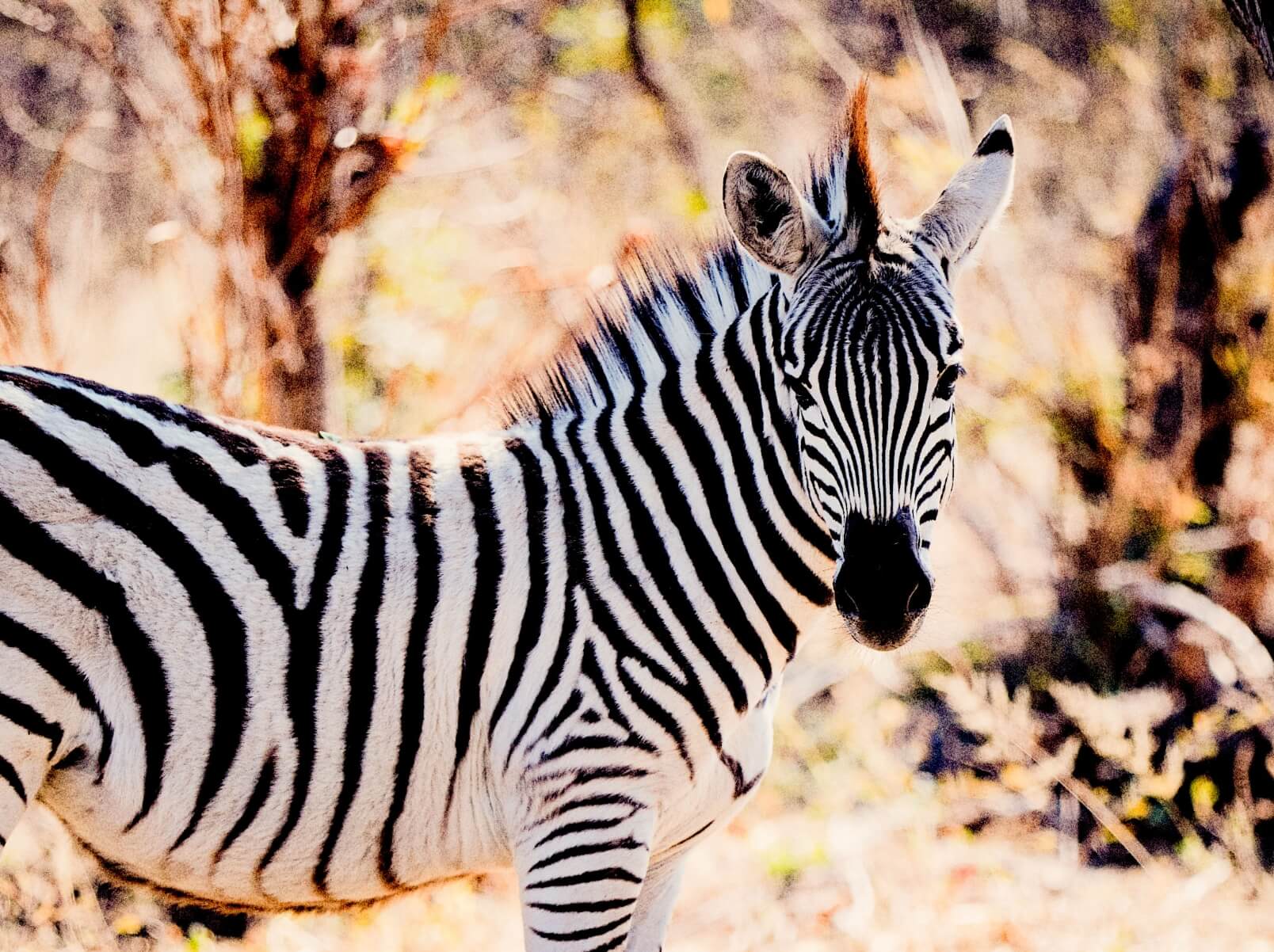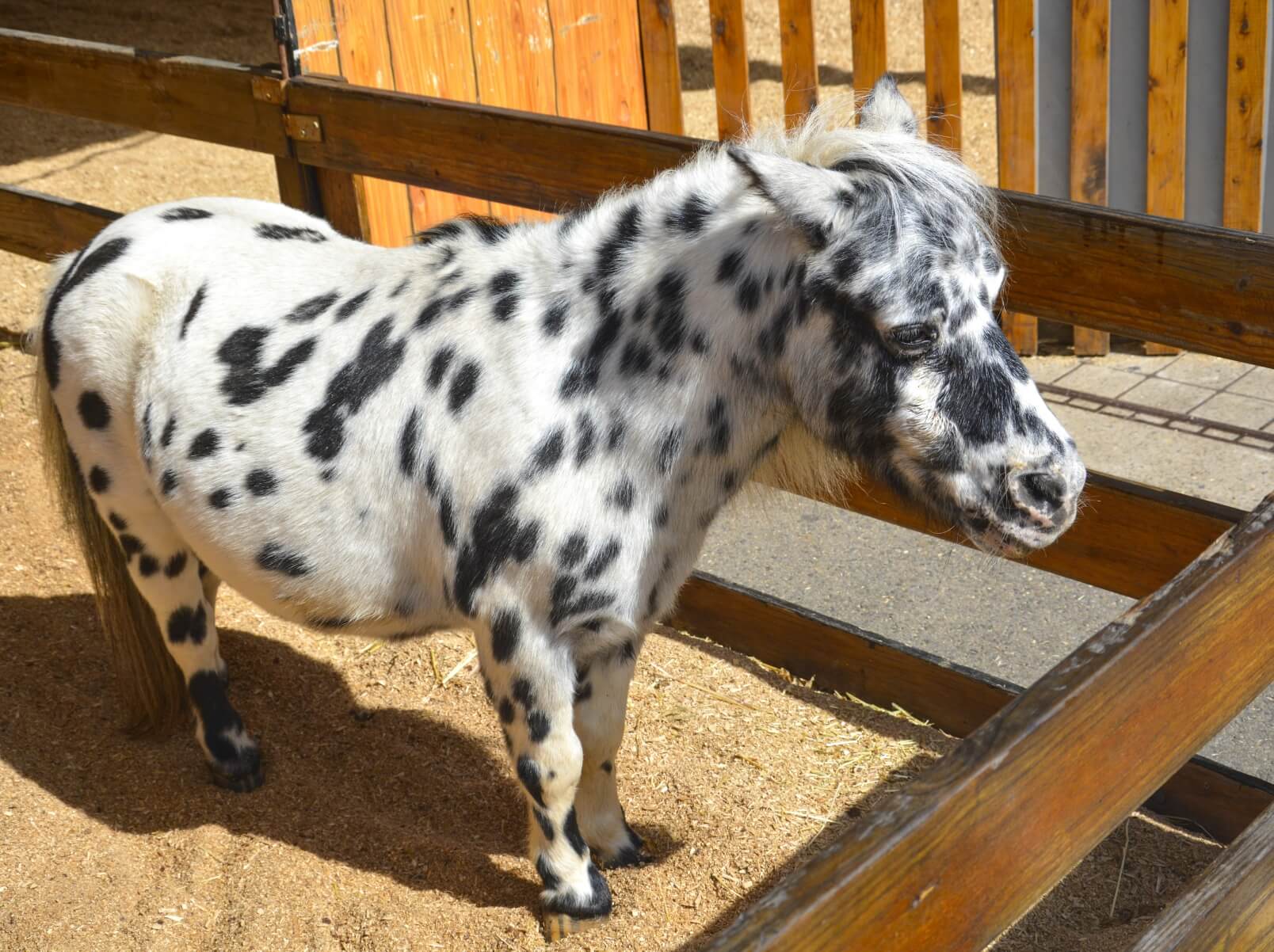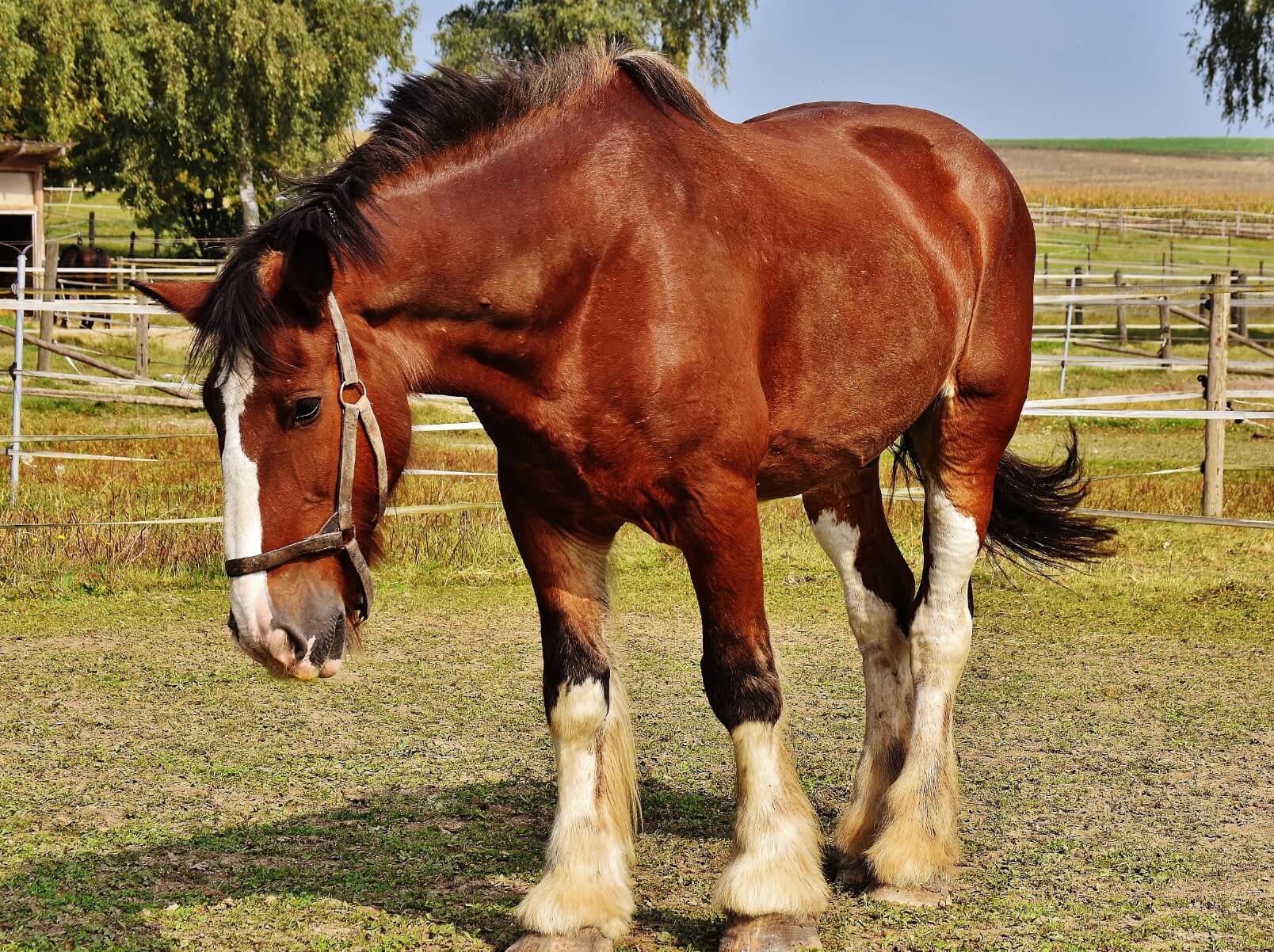INTERESTING FACTS
Did you know that the "hippopotamus" means "river horse" in Greek? These massive mammals can weigh up to 4000 kg and are considered the third-largest land animal. They are known to be very aggressive and territorial and are one of the most dangerous animals in Africa. Despite their massive size, hippos are excellent swimmers and can hold their breath for up to five minutes underwater. They are herbivores and spend most of their day in the water to keep cool and protect their sensitive skin from the sun. Their skin secretes a natural sunscreen, whichcolors their skin in a dark red to green tone once they leave the water.
CONSERVATION MESSAGE
Hippopotamuses are considered a vulnerable species due to habitat loss and hunting. Their populations have decreased by around 95% in the last century. Conservation efforts include protecting their wetland habitats, regulating hunting, and educating local communities on the importance of hippos for their ecosystem. It's important to take action to protect and conserve these magnificent animals for future generations to enjoy.
What can you do to help save these animals?
Hippos are spending a lot of time in water and of course they need this water to be clean! Unfortunately, a lot of our daily waste ends up in the lakes and oceans of this planet. It is important that you dispose your waste propperly instead of throwing it just on the ground, where wind and rain will take it out of sight - but not out of existance. Always dispose your waste responsibly!
CONSERVATION STATUS
Vulnerable
LIFE SPAN
40-50 years in the wild
NATIVE HABITAT
Sub-saharan Africa
DIET
They are herbivores and primarily eat grasses, fruits, and vegetables.
HEIGHT
The average height of a hippopotamus is around 1.5 meters (5 feet) at the shoulder
WEIGHT
Weight: 1000-4000kg
LENGTH
length: 3-5m
Related Animals
More Animals

